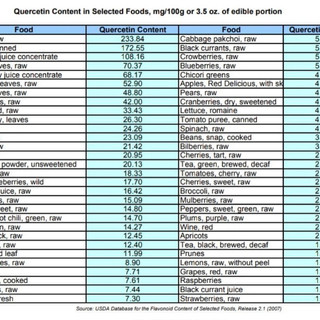I have been sharing my love for Quercetin and consume as much of it as I can. Quercetin is a type of flavonoid antioxidant that’s found in plants. It is considered a plant pigment, so it makes sense that it's found in vibrant coloured, nutrient dense foods like berries, broccoli, dark leafy greens, tomatoes, citrus, and apples. I eat scallions daily because they have it. Anti-aging: helps slow the aging process because it lessens the effects of oxidative stress on the body. Oxidative stress takes place in all of us but is increased by things like a poor diet, high levels of stress, a lack of sleep and exposure to chemical toxins. Allergies: helps stabilise the release of histamines from certain immune cells, which results in decreased symptoms like coughs, watery eyes, runny noses, hives, swollen lips or tongue, and indigestion and has long been used in TICM to do so. Evidence in various studies seems to connect abdominal obesity, type 2 diabetes, and chronic low-grade inflammation. Quercetin is highly anti-inflammatory, helping these disorders. Arthritis: an 8-week study in 50 women with rheumatoid arthritis observed that participants who took 500 mg of quercetin experienced significantly reduced early morning stiffness, morning pain, and after-activity pain. Fibroids: essential in the treatment of fibroids, can be developed as therapeutic and/or preventive agent for uterine fibroids. I also like it for Lung health and recovery of fibroids in the Lungs as well, helpful for those recovering from cnineteen. Because of its high anti-inflammatory capacity, quercetin can help manage a number of inflammatory health problems including Heart disease, and Blood vessel problems, allergies, infections, chronic fatigue, and symptoms related to autoimmune disorders like arthritis.
top of page
bottom of page


Comments